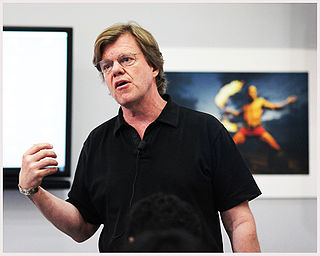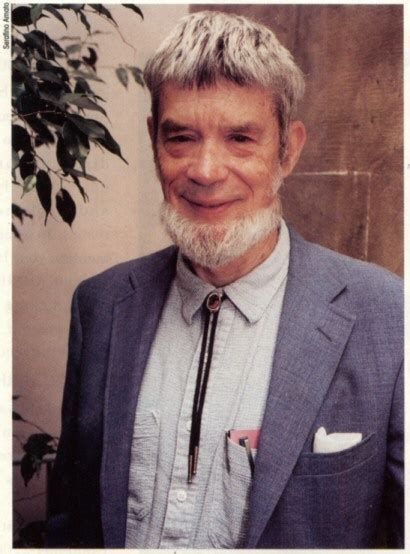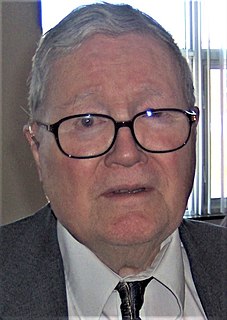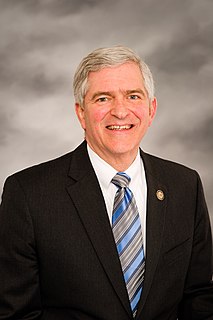A Quote by John F. Kennedy
I know few significant questions of public policy which can safely be confided to computers. In the end, the hard decisions inescapably involve imponderables of intuition, prudence, and judgment.
Related Quotes
But, that’s the whole point of corporatization - to try to remove the public from making decisions over their own fate, to limit the public arena, to control opinion, to make sure that the fundamental decisions that determine how the world is going to be run - which includes production, commerce, distribution, thought, social policy, foreign policy, everything - are not in the hands of the public, but rather in the hands of highly concentrated private power. In effect, tyranny unaccountable to the public.
[Prudence] is the virtue of that part of the intellect [the calculative] to which it belongs; and . . . our choice of actions will not be right without Prudence any more than without Moral Virtue, since, while Moral Virtue enables us to achieve the end, Prudence makes us adopt the right means to the end.
I never think of the word legacy. It doesn't mean anything. You do the right thing, in my judgment, and things will work out. That's what drives me. I'm not looking for legacy or history books or whatever. I know what we've done here has saved a significant number of lives. The burden is not on me. It's on the politicians who made the decisions to limit what we're doing. They're the ones who are going to pay a price, in my judgment, if crime significantly increases.
What often happens with these Islamist regimes, there are differing philosophies in terms of how fast to go in getting to where everybody wants to end up, which is Sharia. That is the ultimate objective for all of these places. But they have different strategies on the speed with which they’re going to get there, and the strategies involve foreign policy.
Prudence does not mean failing to accept responsibilities and postponing decisions; it means being committed to making joint decisions after pondering responsibly the road to be taken, decisions aimed at strengthening that covenant between human beings and the environment, which should mirror the creative love of God, from whom we came and towards whom we are journeying.
A much more radical conclusion . . . that, so far as I know, is shared by only a very few students of public choice [is]: that government employees or people who draw the bulk of their income from government by other means should be deprived of the vote . . . It is another example of the opening up of alternatives for investigation and the presentation of new conceivable policy options characteristic of public choice, rather than a policy that all its students favor.
To know whether you can trust a particular intuitive judgment, there are two questions you should ask: Is the environment in which the judgment is made sufficiently regular to enable predictions from the available evidence? The answer is yes for diagnosticians, no for stock pickers. Do the professionals have an adequate opportunity to learn the cues and the regularities? The answer here depends on the professionals' experience and on the quality and speed with which they discover their mistakes.


































